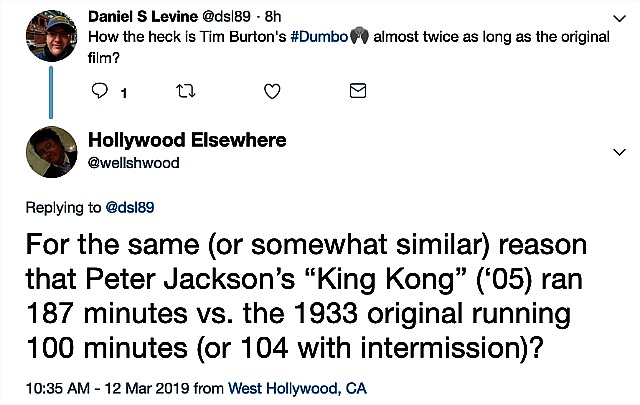The Writers Guild of America has issued a blistering report that explains the reasons for their displeasure with the top four Hollywood talent agencies, and basically accuses them of extensive and illegal conflicts of interest. The report basically says that the four agencies aren’t really interested in “representing writers” as much as raping and pillaging and becoming super-kingdom conquistadors with their fingers in all kinds of whipped-cream money pies.
“While the major agencies have pursued growth through conflicts of interest, these practices contravene how agents are required to act under state and federal law,” the report said. “By maximizing their own profits and now the profits of outside investors, these agencies have strayed from their core purpose of representing the interests of their clients.”
Variety: “The report, titled ‘No Conflict, No Interest,’ targets CAA, WME, UTA, and ICM Partners and asserts that the four agencies handle 75% of the transactions involving the 12,000 members of the WGA. It was issued at an audio news conference Tuesday and comes amid an acrimonious battle between the guild and the Association of Talent Agents.”
UTA honcho Jeremy Zimmer has explained his position in a longish, sensibly phrased letter.
Four years ago I wrote that I’ve always respected Zimmer for having uttered, when he was at ICM nearly 30 years ago, an uncharacteristically blunt (and, as it turned out, prophetic) assessment of the basic nature of Hollywood’s agent culture:
“The big agencies are all like animals, raping and pillaging each other day in and day out.” (My admiration grew years later when Zimmer’s thought was echoed by Matt Zoller Seitz when he said in a 2006 Slate piece that Barry Lyndon was about “animals in clothes.”)
Zimmer’s quote, which resulted in ICM chairman Jeff Berg showing him the door, was first reported by Variety (I think) and almost concurrently by Spy‘s “Celia Brady”.





